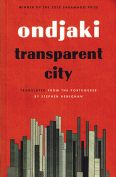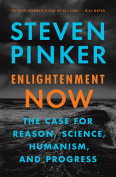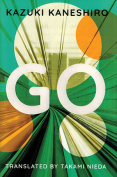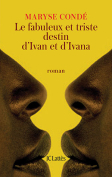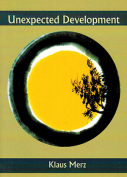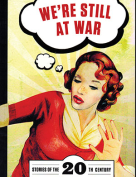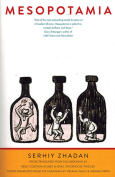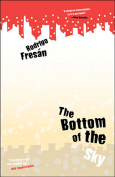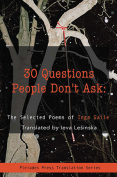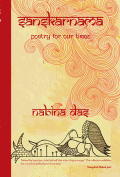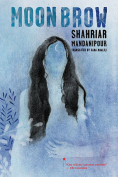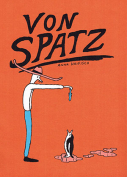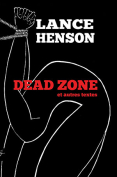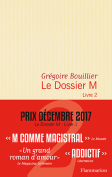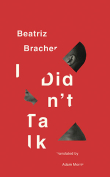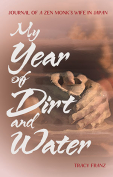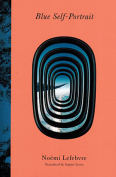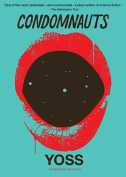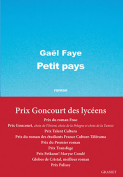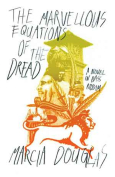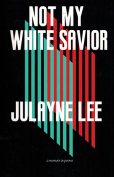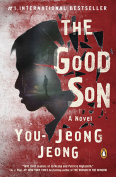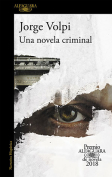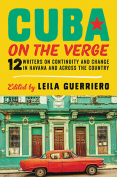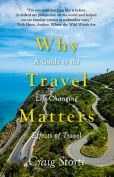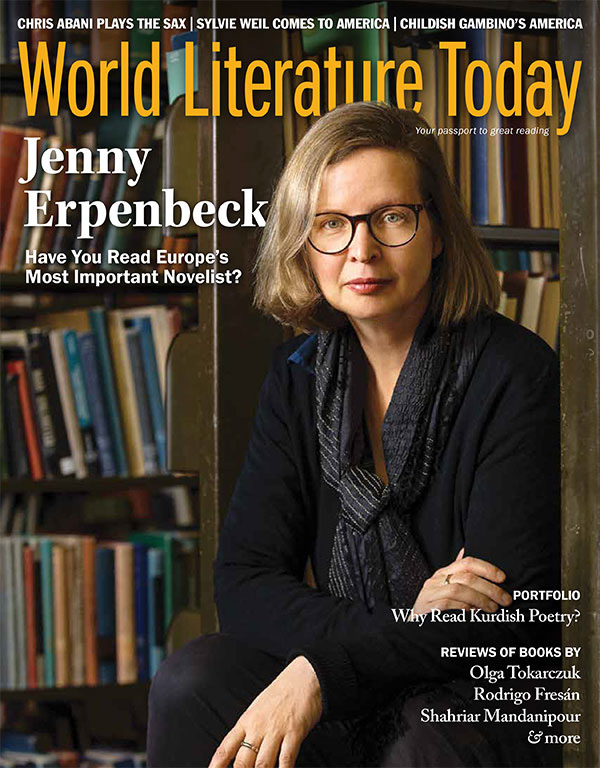Why Travel Matters: A Guide to the Life-Changing Effects of Travel by Craig Storti
 Boston. Nicholas Brealey. 2018. 195 pages.
Boston. Nicholas Brealey. 2018. 195 pages.
If you’ve ever given the side eye to a double-decker tour bus while tramping through foreign streets—or been guilty yourself of hopping on the top deck, camera flashing—author and intercultural communications professional Craig Storti has a word or two for you. Storti’s new book Why Travel Matters begins with a strong, simple premise: “When you travel, you have a choice: You can be a tourist and have a nice time, or you can be a traveler and change your life.” Digging up pithy tidbits on the true purpose of travel from authors across the centuries, Storti puts forward an alternative to disengaged tourism that promises an inner journey as breathtaking as any landscape or architectural wonder.
Why Travel Matters starts with a rapid history of travel from “the dawn of human history” to “our puzzling 21st-century wanderlust,” with pit stops along the way at the likes of Homer’s Odyssey and George Orwell’s personal letters. Following the movements of an imaginary traveler, Storti dips into the psychology of how we perceive difference and shows how travel, when done with intention, can mount a “withering attack” on ethnocentrism. The book is split into convenient sections, all stylishly written, sprinkled with appealing anecdotes, and easy to get through—as accessible as a snack bar. The primary fare, and the most delectable, are the myriad quotes from figures as historically diverse as St. Augustine and Saint-Exupéry. Yet here the assault on ethnocentrism comes into tension, for the sources are overwhelmingly Anglo and bear, all too often, some of the more distasteful stamps of their place in history: unflattering depictions of locals, overt Orientalism, and dubious anthropology. When the early twentieth-century British travel writer Robert Byron asserts that “these Afghans . . . are not human,” one suddenly wishes Storti didn’t leave these sound bites to speak for themselves.
The crowning moment for the hungry reader comes in the last chapter, where Storti provides a list of eleven practical suggestions for a life-changing travel experience. “Travel alone.” “Go off the grid.” “Secure an introduction.” For all these helpful warnings on how to avoid “committing tourism,” though, some readers may find themselves wishing desperately that Storti would at least acknowledge the pitfalls of exoticism and stereotype, which pock the perimeter of this otherwise engaging book. Though Why Travel Matters leaves its reader eager to pack their bags and book a ticket, it could stand to unpack the stickier aspects of the inner journey on a level befitting the book’s reflective enterprise.
Grant Schatzman
University of Oklahoma
